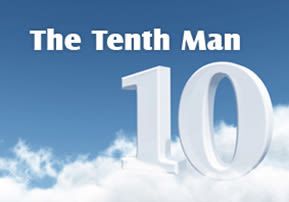
The Tenth Man
With elections in Israel soon (2012), political parties are fiercely competing at the high price of national dissension; but that's not the real Israel...

The IDF unit that I served in was an elite combat unit. During the years when I was on active duty, the elite units contained a disproportional amount of young men from kibbutzim and moshavim, Israel’s version of farm boys.
Many of the kibbutzniks in our unit came from HaShomer HaTzair kibbutzim, the kibbutz organization that was founded by the socialist Mapam party, which was the last Zionist point on the left side of the Israeli political continuum. As opposed to non-religious Jews in the West who simply grew up in non-religious homes, the Shomer HaTzair guys were vehemently anti-religious. They viewed the religion and rabbis as archaic and coercive. For them, the Torah was nothing more than a guide to ancient Jewish history and folklore. And, they viewed religious people as their rivals.
Socially, I got along well with the farm boys in our unit, because I was a farm boy myself living on a kibbutz, albeit with a thick American accent that they had fun joking about. Although I wasn’t religious at all, I had an  affinity for Judaism since I had fond memories from the Conservative synagogue that my parents belonged to back in Silver Spring, Maryland.
affinity for Judaism since I had fond memories from the Conservative synagogue that my parents belonged to back in Silver Spring, Maryland.
Shuki was a big husky soldier in our unit, the only one from Jerusalem. Although his favorite activity on furlough was attending Saturday-afternoon home games of his favorite national league soccer team Betar Yerushalayim, when he went home, he’d put a kippa on his head in deference to his religious father. Yet, Shuki ate what he wanted and dated who he wanted and did whatever he wanted, because the boundaries of Torah were not exactly something he adhered to. Shuki and the kibbutzniks would argue politics all the time (whenever we had a few spare moments to breathe), since his views were far to the right. At any rate, everybody loved him because he was a stand-up comic who kept us rolling with his humor.
We had just come back from a dangerous mission. In our unit, we had a weird reaction – we’d be more afraid and uptight after a mission than we were before the mission. After the mission, we’d all replay in our minds everything we had been through and everything that could have happened. Before a mission, no matter how good the intel was, we really didn’t know what to expect. This time, thank G-d no one was hurt, but there were a few precarious moments, to say the least. After we did what we had to do, we returned to our jump-off base – all of us still tense and clamp-jawed. Our unit commander, the regional regiment commander and the Head of Northern Command with his chief intel officer greeted us. Together with them was Captain Rina, our unit welfare officer, who handled all the personal problems of everyone in the unit. We were about to be debriefed after a highly security-sensitive mission; what the heck was Captain Rina doing there?
She went straight to Shuki. She informed him that his father had died the day before and was already buried in Jerusalem. Since we spent 36 hours before the mission at a “quarantine base”, with final drills and briefings and cut off from the outside world, Shuki wasn’t informed of his father’s massive heart attack and speedy exit from this world. Now, he wouldn’t be able to attend his dad’s funeral. As gentle as Captain Rina was, the news hit Shuki like a ton of bricks. He broke down and sobbed, deep heartrending sobs.
Shuki pulled an olive-green rag out of his pocket and dried his eyes then blew his nose. He then snapped back to himself. “I’m gonna say Kaddish,” he said with conviction. “I need ten people.”
The big brass were four officers. We were another six, including Shuki. But there was a problem – Uri was the tenth man. His mother was a key leader in the Shomer HaTzair movement. His father was a diehard atheist who blamed all the world’s ills on religion, including his own. Uri would no sooner say a prayer than he’d pledge allegiance to the government of Syria. Without him, we’d only have nine men. At two AM, there simply were no other people around.
Shuki didn’t hesitate – he always did what he had to do, and this was no exception. He began the mourner’s Kaddish prayer in a tone of mixed pain and conviction, Yitgadal V’Yitkadash Shmei Raba…
Uri put his hand on his head. When everyone else said “amen”, so did he. The love of a brother in arms was much stronger than any anti-religious ideology he learned while growing up. He was the tenth man, and like everything else he did, he never disappointed anyone.
* * *
The real Israel, the Israel I know, is the Israel of Uris and Shukis, an Israel where everyone pulls together in unity. That why I don’t like elections and political parties, which just tear people apart. The word in Hebrew for political party, miflaga, comes from the root word lefaleg, which means “to separate”. What our country needs is not one party or the other, we need less bickering and more unity. As it is, Hashem decides everything here anyway. Any connection between the politicians and their platforms is purely coincidental, as we’ve seen time after time in recent decades.
With elections in Israel only two weeks away, tempers are flying and the media is having a field day with everyone badmouthing everyone else. That’s tragic. We should be going around hugging everyone and stuffing chocolate bars in soldiers’ pockets.
Sure, observing Torah is important. But the Holy Temple was destroyed because of intramural hate. To rebuild the temple, we must pull together. Why wait until our enemies force us to unite?
Have no doubt – Shuki and Uri will be arm-in-arm at Mashiach’s coronation.


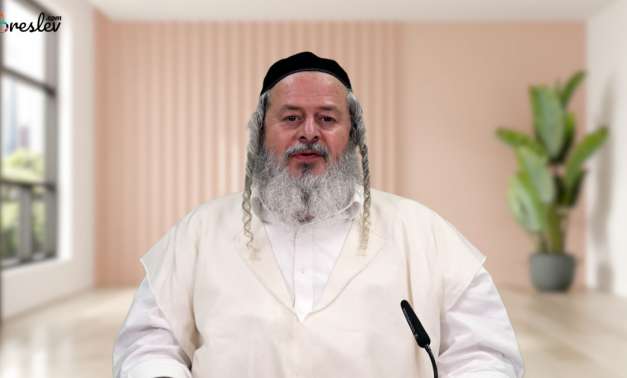


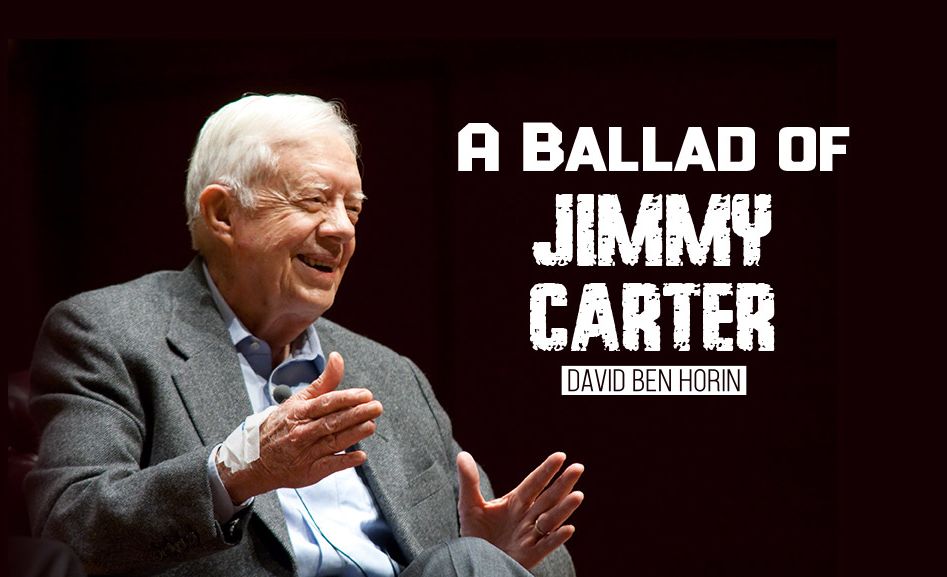
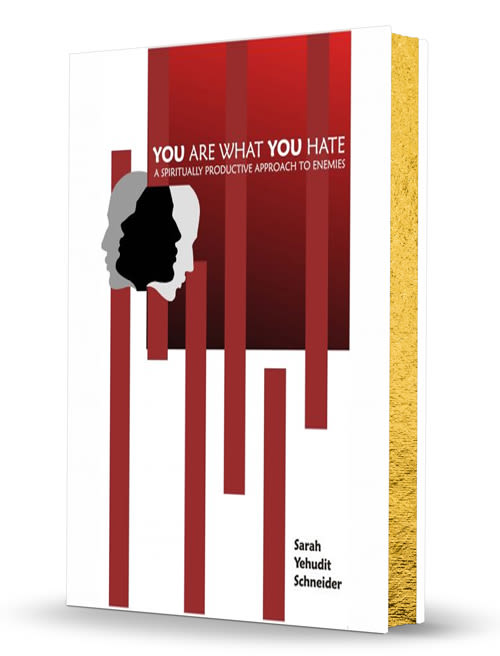
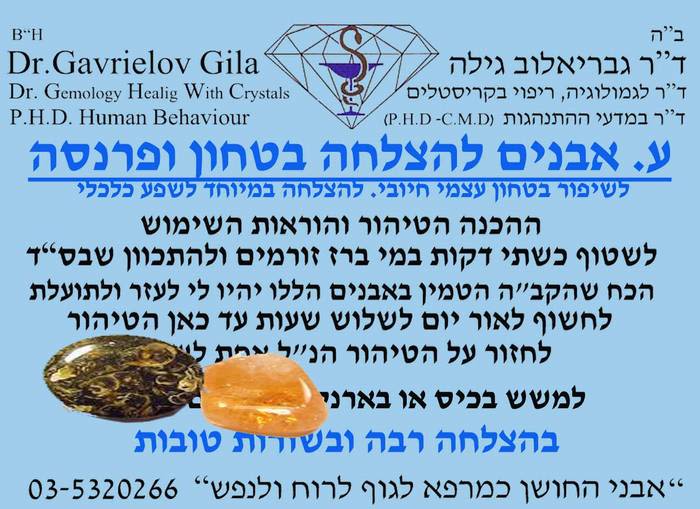
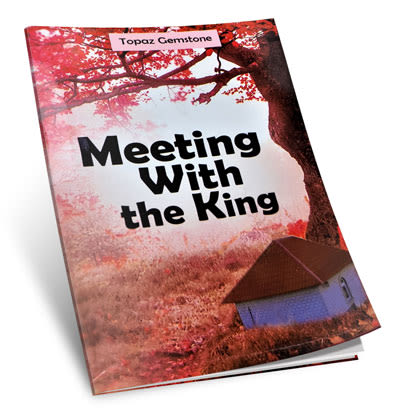
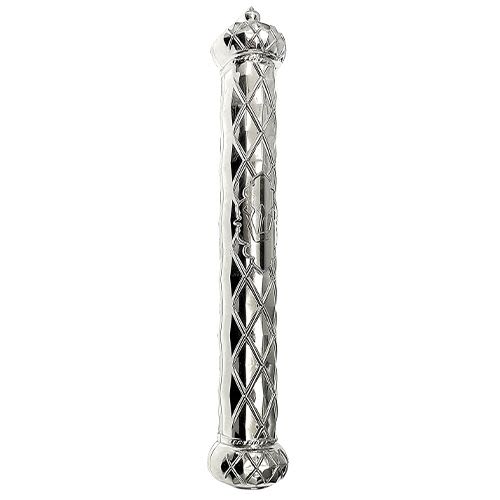
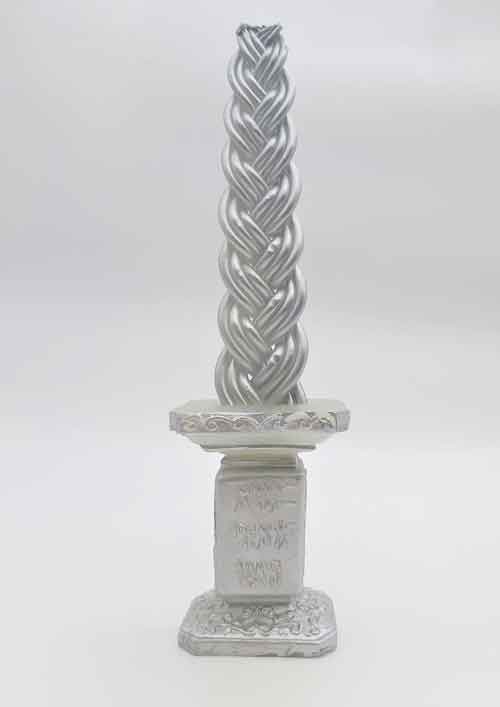
1/07/2013
great! SO BEAUTIFUL it brought tears to my eyes!thank you dear Rabbi Lazer you are always here to talk EMET to us
1/07/2013
SO BEAUTIFUL it brought tears to my eyes!thank you dear Rabbi Lazer you are always here to talk EMET to us